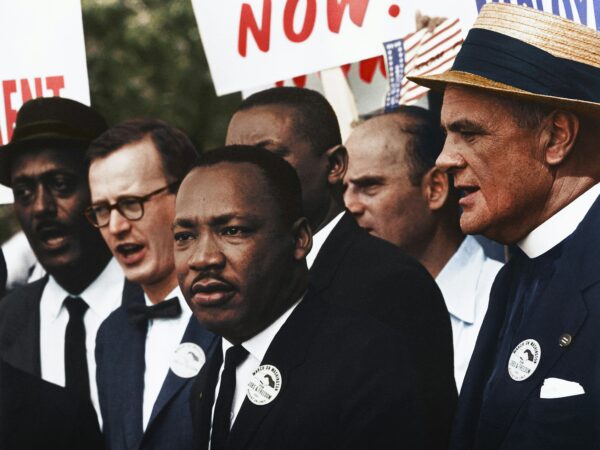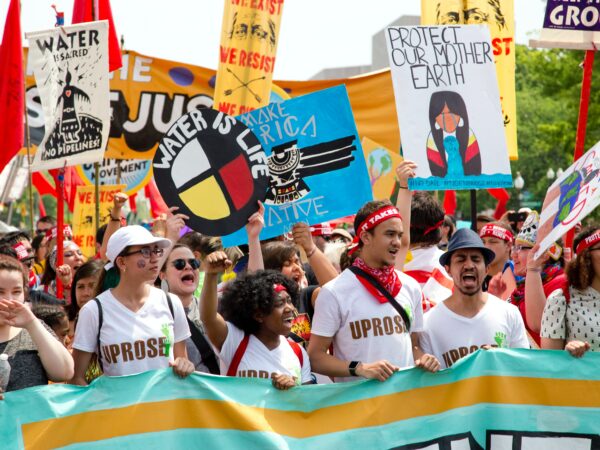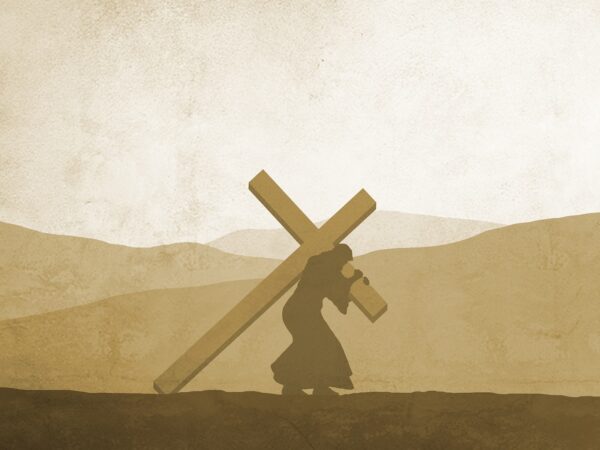
Paying attention to Herod’s fears about Jesus can keep us from depoliticizing the gospel.

The politics of identity often has Indigenous persons grappling with the dichotomy of US empire’s labels of the Native American Indian as contaminating evil or contaminated victim. For Indigenous Christians Jesus calls on us to spurn these limiting designations, to embrace the spirit of interdependent creation, which brings us back to a family of justice and life.

We were not made for the capitalist subjection that characterizes our lives. The gift of the Sabbath serves us in the present by contesting work’s overlordship and disrupting the social controls by which capitalist hegemony maintains itself.

Yet this “good news” – profoundly strange, even apparently morbid – promises that, in relinquishing our supereminent concern for the self, pursuing instead the way of peace and justice, we become so free that even a violent end may be an expression of an ultimately joyful reception of the gift of life – that is, it may be the way to save a life.

A political theology of the transfiguration of Jesus has to expose and transgress the elevation of whiteness as divine, as a norm and as something superior to multi-coloured local expressions of faith. It also calls us to celebrate the mystery of transfiguration as trans-figuration of the body ethic of Jesus and of all humanity.






